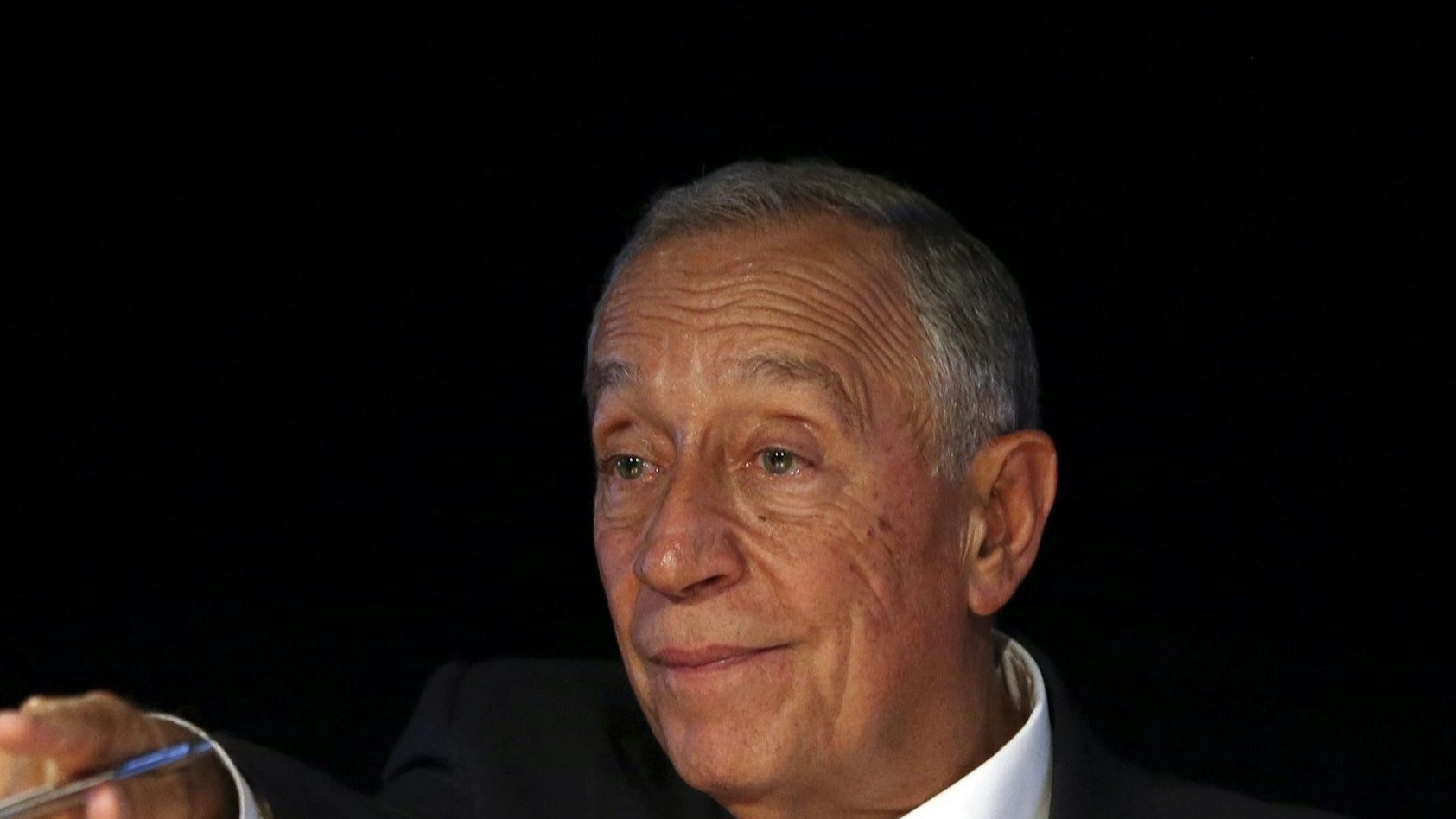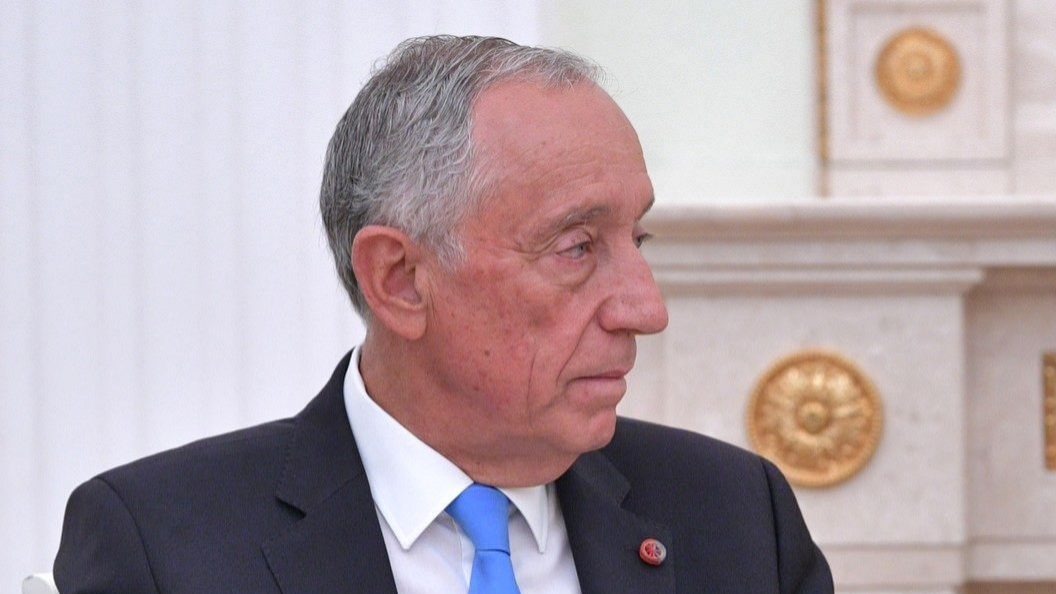Country can play central role in shaping EU policy on Africa – Report
Due to the historical links and influence, The Portuguese Presidency of the European Union can play a central role in shaping European policy on Africa.
The Portuguese Presidency of the European Union can play a central role in shaping European policy on Africa, given the historical links and influence, but also the “surprising” little interest of the other member states, experts said.
The position is set out in the report “Crisis presidency: How the Portuguese leadership can guide the EU in the post-covid era” by the independent ‘think tank’ European Council for External Relations (ECFR), seen by Lusa on Thursday.
Portugal, which under its previous European presidency in 2007 organised the 1st EU-Africa Summit, takes up the presidency again in 2021, albeit within a different European institutional framework set up by the Lisbon Treaty, which has diminished the influence of member states in external relations.
“However, historical relations and the direct cultural and political influence of EU countries still make the difference in this area. This is the case of Portugal in Africa – a continent the other member states show surprisingly little interest in,” the paper said.
The authors of the report cite an ECFR study, conducted through interviews with 800 policy-makers, researchers and journalists from the 27 member states, according to which Portugal is the only EU country to include Africa’s policy among the Union’s top five priorities for the coming years.
In contrast, they pointed out, as a whole, the EU 27 has placed Africa policy 17th among the 20 potential priority areas.
“As such, the importance that Portugal attaches to Africa can contribute to the country playing a central role in defining EU policy towards that continent,” they said.
This role could be based on getting support for its policy positions from the other EU Member States that have some interest in Africa and those that do not yet have strong preferences in that area, but also on the organisation of the 6th Summit between the EU and the African Union (AU), scheduled for 2020, but delayed due to the constraints imposed by the Covid-19 pandemic.
The report pointed out that Portugal “is in line” with the European Commission’s proposal, presented in March, for a new strategic relationship with Africa, which recommends a stronger and more balanced relationship between the parties, including through cooperation in key areas such as the green transition, digital transformation, sustainable growth and jobs, peace and governance, and migration and mobility.
But if Portugal organises the Summit, there could be an unexpected turnaround as the Portuguese government has said that any comprehensive European strategy for Africa should consider the approaches and interests of individual member states on that continent.
This position is supported by between one quarter and one-third of respondents to the survey, who favour a more national than European approach to the relationship with Africa.
The report, funded by the Calouste Gulbenkian Foundation, was produced by Susi Dennison and Lívia Franco and will be released on 27 October.
The European Council on Foreign Relations (ECFR) is an independent policy think tank with offices in several European capitals and researchers in all 27 Member States.
Portugal will hold the Presidency of the Council of the European Union in the first half of 2021.


